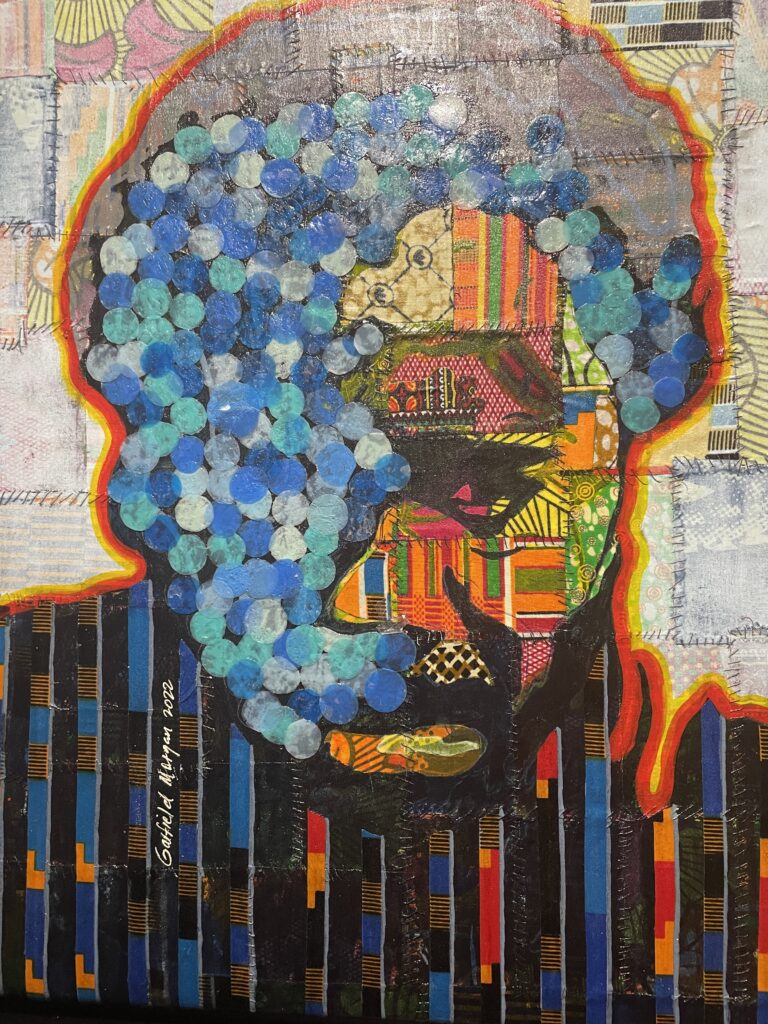Promoting research and innovation in a post-COVID-19 era

The development and diffusion of knowledge, new technologies and innovations are drivers of inclusive, prosperous and innovative societies resilient to climate change. Knowledge and skills development are considered key to the reduction of poverty and development of a crime-resilient society. As such research and innovation capabilities are critical to government’s post-COVID recovery strategy and also for the implementation of the United Nations Agenda 2030.
A number of African and Caribbean countries are incorporating science, innovation and technology in national development agendas with emphasis on skills development, entrepreneurship and access to digital technologies for youth and women. This is with the aim to offer young people opportunities to benefit from technological progress, and to promote gender rights and empowerment towards the creation of innovative and prosperous societies.
Despite growing opportunities from new information and communications technologies, relatively few African and Caribbean countries have been able to leverage this knowledge to achieve sustained growth to reform their economies and reduce poverty. Strong innovation performance remains limited to those countries able to coordinate policies for education, skills development, research and innovation. A multistakeholder, multidisciplinary engagement of all the actors of research and innovation systems including academia, private sector, civil society, government, traditional authorities are key success factors to promote innovation, learning and knowledge acquisition.
Well-functioning labour market information systems need an effective network of actors to research, analyse and translate skill needs into training and education initiatives. Investments in research and innovation capabilities will pay high dividends in an effective innovation eco-system, promoting new skills for the labour market to create new green and circular enterprises producing new products and services towards prosperous societies resilient against climate change and future pandemics.
In a post-COVID recovery era, governments in Africa and Caribbean region should invest in their research and innovation capacity aimed at strengthening local research and innovation eco-systems. Research and innovation institutes in both regions should complement each other’s strength through cooperation, dissemination, exchange and transfer of knowledge to build capacity in reshaping the eco-system for innovation to develop highly-skilled citizens for sustainable, climate-resilient societies in a post-COVID era.
Chris Addy-Nayo is a Development Consultant.





